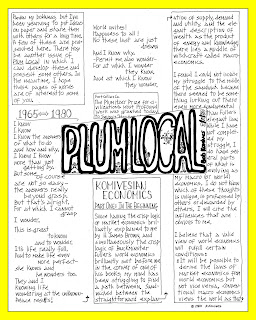It is boring to say that, by definition, we give up something with every restriction we place on ourselves--whether individually, by consensus, or through our chosen government. Be they calories, speeds, alcohol, farm-animals-on-city-lots, loud sounds, awful odors, fire hazards, 2x3 stud walls, nudity, coal-fed fireplaces; we allowed them in the past. Yet, in many places we personally or collectively decided to restrict or disalow them because we thought the change would make ourselves and our community better. We thought speed limits and fire codes would save lives; they did. If we were to believe that a high percentage of people who have died from mass shootings in the last decade would be alive today if we had restricted our pleasures and traditions we might make the sacrifices and limit our pleasures and change our tradtions. This is what civilization does to itself for itself--in a terribly haphazard yet hopeful way. And, when experience and evidence show enough of us that our good intentions and hopes were misplaced (as with prohibition of alcohol, urban-egg-laying-hens, bare breasts) we reverse course and remove the restrictions--in a haphazard yet hopeful way. Folks will remind us of how good things used to be—of how pre-agriculture, pre-speed-limit hunter-gatherers had the good life. And, you know what? In so many ways it was good, but they never stopped trying to make it better. In a terribly haphazard yet hopeful way, they did.

















































